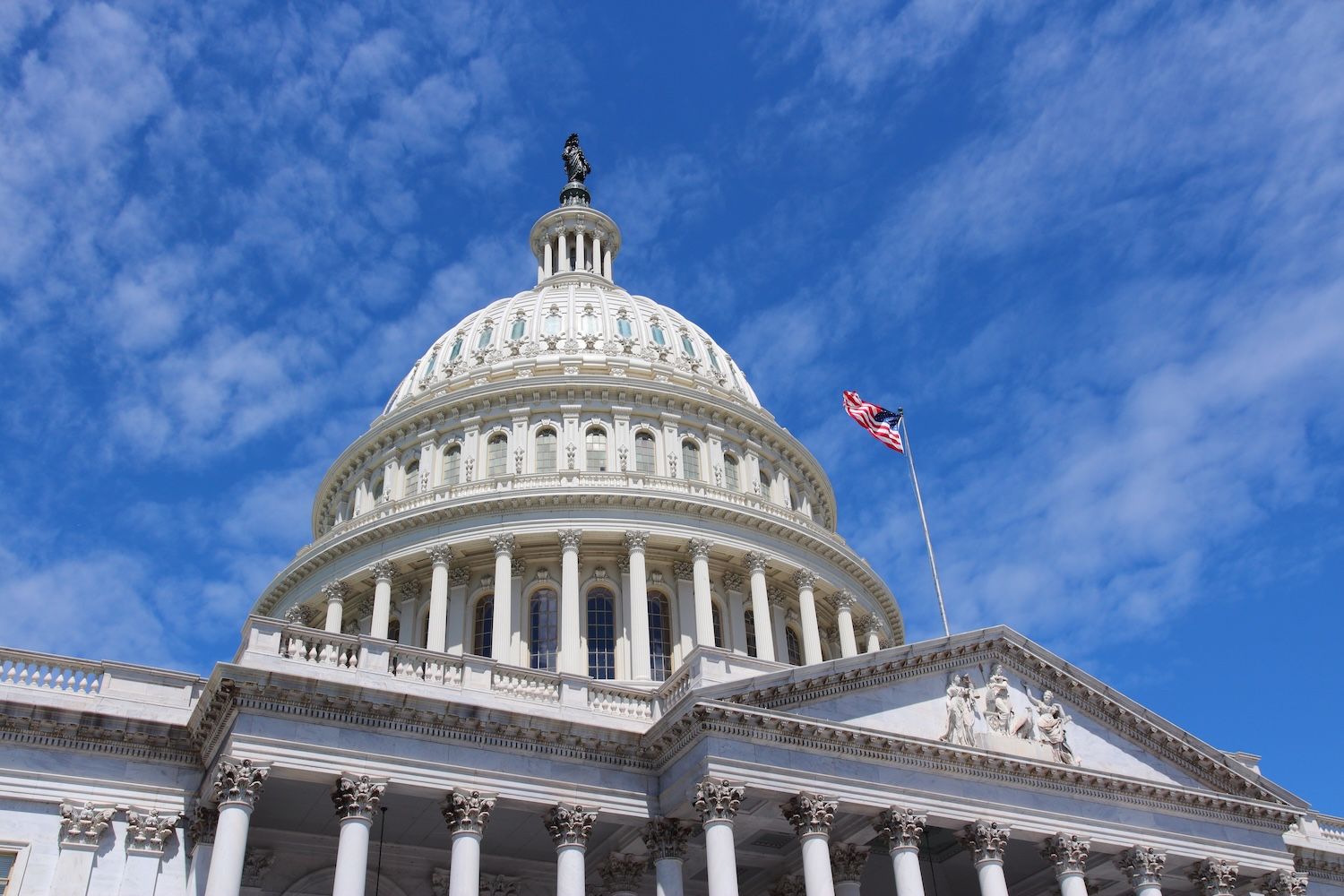BREAKING: House Pushes Through Landmark Crypto Legislation After Marathon 9-Hour Session
Washington finally wakes up to crypto—after dragging its feet for a decade. The House just greenlit the first-ever federal digital asset bills, but not before a grueling 9-hour showdown that probably cost taxpayers more than a Bitcoin flash crash.
Behind Closed Doors: How Crypto Won Its First Political Battle
Insiders say the final compromise had lawmakers sweating more than a no-coiner watching a bull run. The bills—still shrouded in typical DC opacity—aim to provide regulatory clarity while somehow not stifling innovation (good luck with that).
The Real Winners? Lawyers and Lobbyists
Wall Street’s scrambling to decode the fine print, while crypto natives are cautiously optimistic. One thing’s certain: the compliance industrial complex just got a new cash cow—happy days for KYC vendors and recovery scheme artists.
Nine hours of debate for legislation that’ll be outdated by next halving. Classic government efficiency.

What to Know:
- House Republicans overcame procedural hurdles for three cryptocurrency bills after Trump met with conservative holdouts
- A stablecoin framework bill could become the first federal law for digital assets, having already passed the Senate
- The legislation includes market structure rules and a prohibition on Federal Reserve digital currency
Bills Target Market Structure and Federal Oversight
The centerpiece legislation establishes a federal framework for stablecoins, cryptocurrencies designed to maintain constant value through a 1:1 dollar peg. This measure represents the most likely candidate for initial passage, having already secured Senate approval and positioning it for Trump's signature. Stablecoins have gained significant traction among crypto traders seeking faster and cheaper transaction costs compared to traditional banking systems.
The second bill addresses market structure rules for crypto products, specifically defining when digital assets qualify as commodities rather than securities subject to Securities and Exchange Commission oversight.
This distinction carries enormous implications for the industry's regulatory landscape. The Senate has not yet considered similar legislation.
Conservative Republicans strongly support the third measure, which WOULD prohibit the Federal Reserve from issuing its own digital currency. Republican lawmakers argue a Fed digital currency could grant excessive government control over Americans' financial transactions. Current Federal Reserve leadership has stated they are not pursuing such an initiative.
Trump's Intervention Proves Decisive
House Majority Whip Tom Emmer announced on X late Wednesday that the Federal Reserve prohibition would be attached to a separate defense authorization bill as part of the overall compromise. This strategic MOVE reflects the intense negotiations required to advance the package.
The legislation faced significant obstacles Tuesday when several conservative Republicans joined Democrats to block an earlier procedural vote. Trump's direct meeting with the holdouts proved instrumental in securing Wednesday's breakthrough. Even after Trump's intervention, subsequent procedural votes remained contentious, requiring Republican leaders to spend several additional hours convincing conservative lawmakers to allow the bills to proceed.
A handful of members had initially resisted efforts to consider the three main pieces of crypto legislation separately. The protracted negotiations underscore the complex dynamics within the Republican caucus regarding cryptocurrency regulation.
Industry Implications and Next Steps
The stablecoin framework bill's advancement represents a watershed moment for the digital asset industry, which has long sought comprehensive federal regulation. The legislation would establish clear guidelines for stablecoin issuers and provide regulatory certainty for market participants.
The market structure bill addresses fundamental questions about cryptocurrency classification that have plagued the industry for years. By defining when crypto products qualify as commodities, the legislation could reduce regulatory uncertainty and encourage innovation within established legal parameters.
Closing Thoughts
The House's procedural advancement of three cryptocurrency bills following Trump's intervention marks a significant victory for the digital asset industry's push for federal regulation. With the stablecoin framework bill having already passed the Senate, comprehensive cryptocurrency legislation appears closer to reality than ever before.

